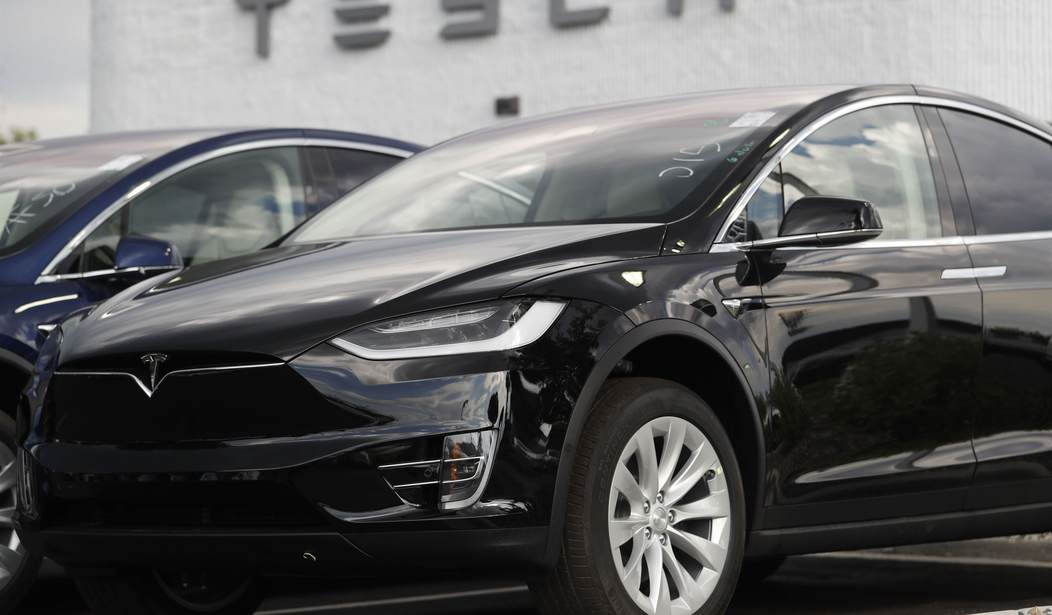Joe Biden is trying to juggle several different priorities of his administration while running for re-election and attempting to keep his various constituencies happy.
For example, Biden needs to satisfy the hysterical green lobby about climate change. So, he came up with new rules for car tailpipe emissions that would have required automakers to sell about 67% of their new vehicles as electric by 2023. This would be virtually impossible given the fact that just 7.6% of new cars sold last year were electric.
The number of EV models has dropped from 24 to 16. They just aren't selling at anywhere near the rate for Biden to hit his target of 67% of new vehicles sold in the U.S. being zero emission.
In addition to having to satisfy the greens, Biden also has to keep the auto workers happy. And the thing about EVs is that they take far fewer workers to make and are manufactured largely in right-to-work states.
So Biden is going to give in to the unions and the auto companies and slow the transition from gas-powered cars to EVs. Instead of requiring carmakers to ramp up production of electric cars immediately, he's going to wait until after 2030.
That's the plan, anyway. It's subject to change once the election is history.
The greens are not going to be happy. They already don't trust Biden after some of his moves to increase oil and gas production. And they think that the earth is doomed unless the rise in global temperatures remains below 1.5 degrees compared to pre-industrial times.
Biden's plans for an EV future neglected to take into account several factors that make Americans gun-shy about buying an EV.
First, there's likely a wait of from 2-6 months to get a popular model. Then there's the price tag around $52,000. While this is not out of line with other high-end models, there are a lot of consumers who don't want or can't afford a high-end car.
But the real drag on EV sales is the scarcity of charging stations. To me, it would be a major league pain in the butt to have to plan a trip based on where the darn charging stations are. And then hope they're in working order. A Wall Street Journal writer visited 30 different non-Tesla DC fast-charger stations in Los Angeles and found that 40% of them weren't working.
There are currently about 220,000 charging stations in the U.S. Most experts believe we need four times that number to have minimal coverage.
Postponing the sharp increase in electric vehicle sales until after 2030 would still eliminate roughly the same amount of auto emissions as the original proposal by 2055, according to E.P.A. models. But it would mean the nation would continue to pump auto emissions into the atmosphere in the short run. Scientists say every year counts in the government’s efforts to prevent the planet from tipping into more deadly and costly climate disasters.
“You’ll have faster warming if U.S. transportation emissions don’t decline before 2030,” said James Glynn, a senior research scholar at the Center on Global Energy Policy at Columbia University.
If "every year counts," it's already too late to save the planet. There is absolutely no possible way that a scientist, or a group of scientists, can put a number, a year, or a specific temperature on when or if the earth's climate will tip into some irreversible death spiral. It's not science. It's politics. And we should call them out on it every time.










